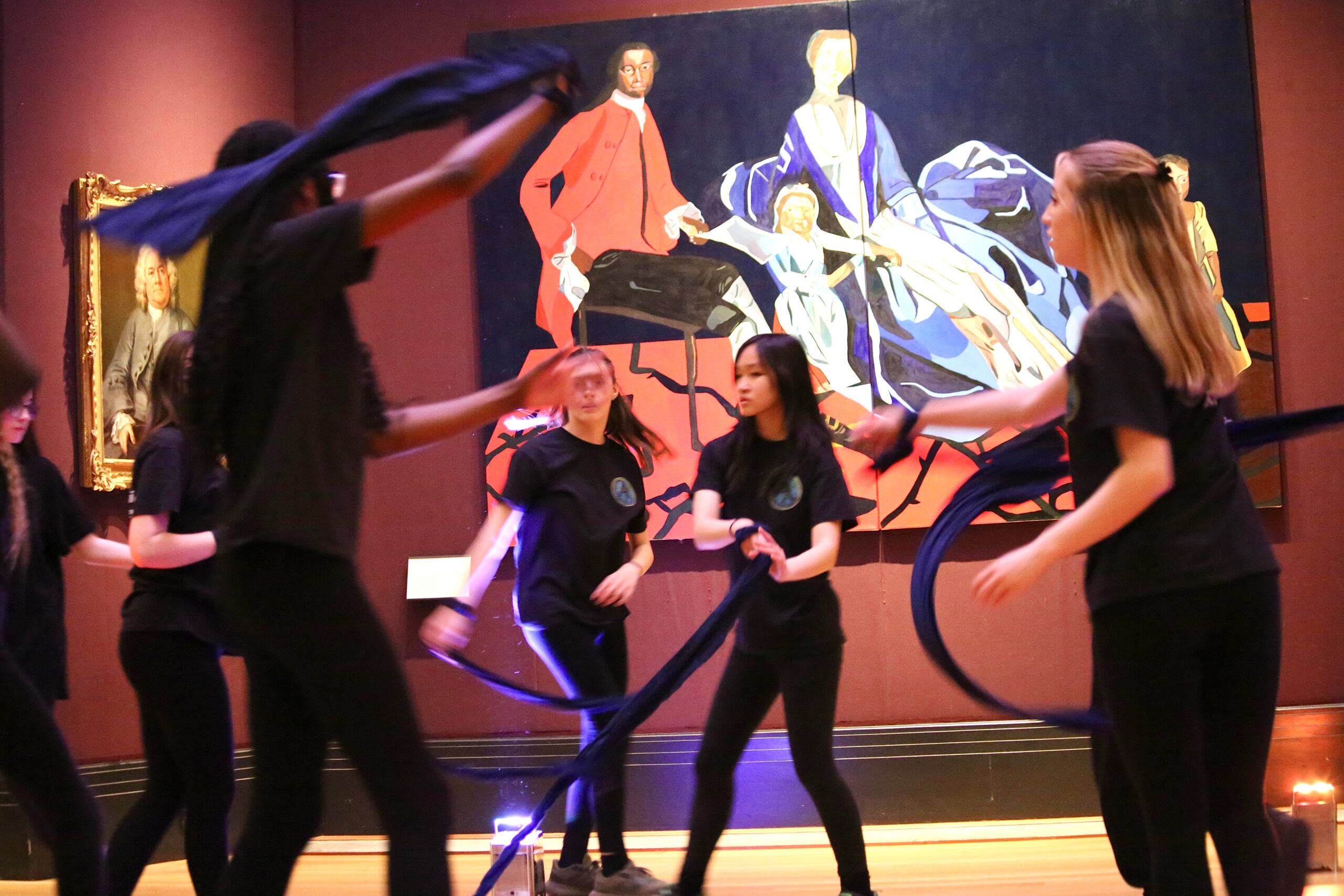
FUTURE/POWER
How can the creative exploration of Black History in a rural England secondary school enhance youth voice?
Community researchFUTURE/POWER was a collaboration between the Fitzwilliam Museum and Soham Village College, a secondary school in the market town of Soham, Cambridgeshire, and Museum X, who were invited to join as project consultants.
Students from the school formed the @tlantic Xplorers youth collective and worked with creative practitioners to the Fitzwilliam Museum’s flagship exhibition, Black Atlantic: Power, People, Resistance.
After exploring themes in the exhibition, the young people chose to centre their project around the life story of formerly enslaved writer and abolitionist, Olaudah Equiano, who lived and married in the Cambridgeshire town of Soham in 1792.
I’ve learned so much about the Black Atlantic slave trade that I didn’t know before.
Member of youth collective the @tlantic Xplorers
The @tlantic Xplorers collective worked with an anti-racist practitioner to create a set of collective guidelines that would underpin the project, discussing concepts of racism, diversity, ‘the other’ and tolerance before agreeing on the language they would use, guided by principles of listening, respect, empathy and care. We also commissioned teacher training videos around youth agency and approaches to decolonial teaching.
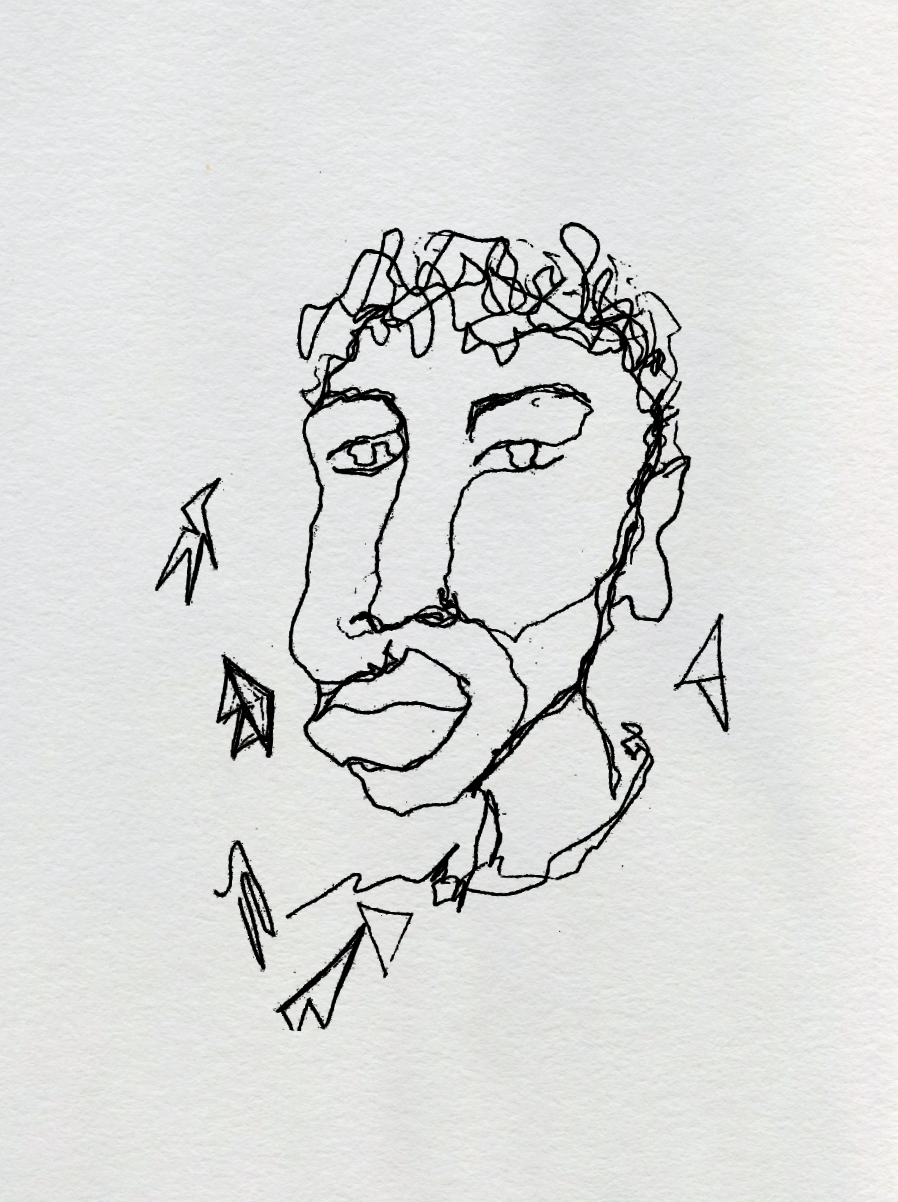
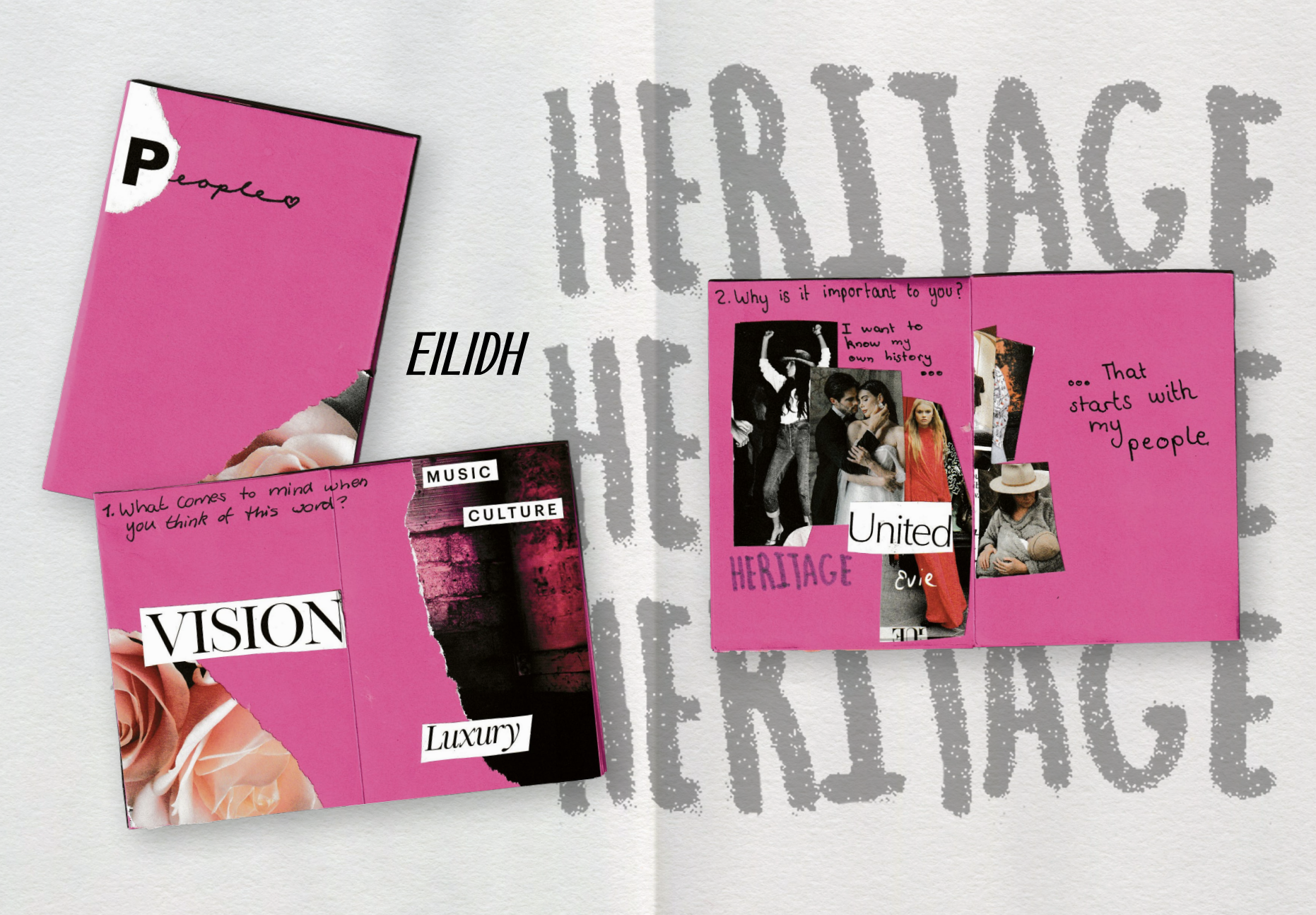
Over the next two terms, the @tlantic Xplorers took part in a series of artist-led workshops exploring the themes of Black Atlantic: Power, People, Resistance exhibition. In the autumn term, they undertook an intense period of creative exploration to consider what had been the most impactful moments of the exhibition for them.
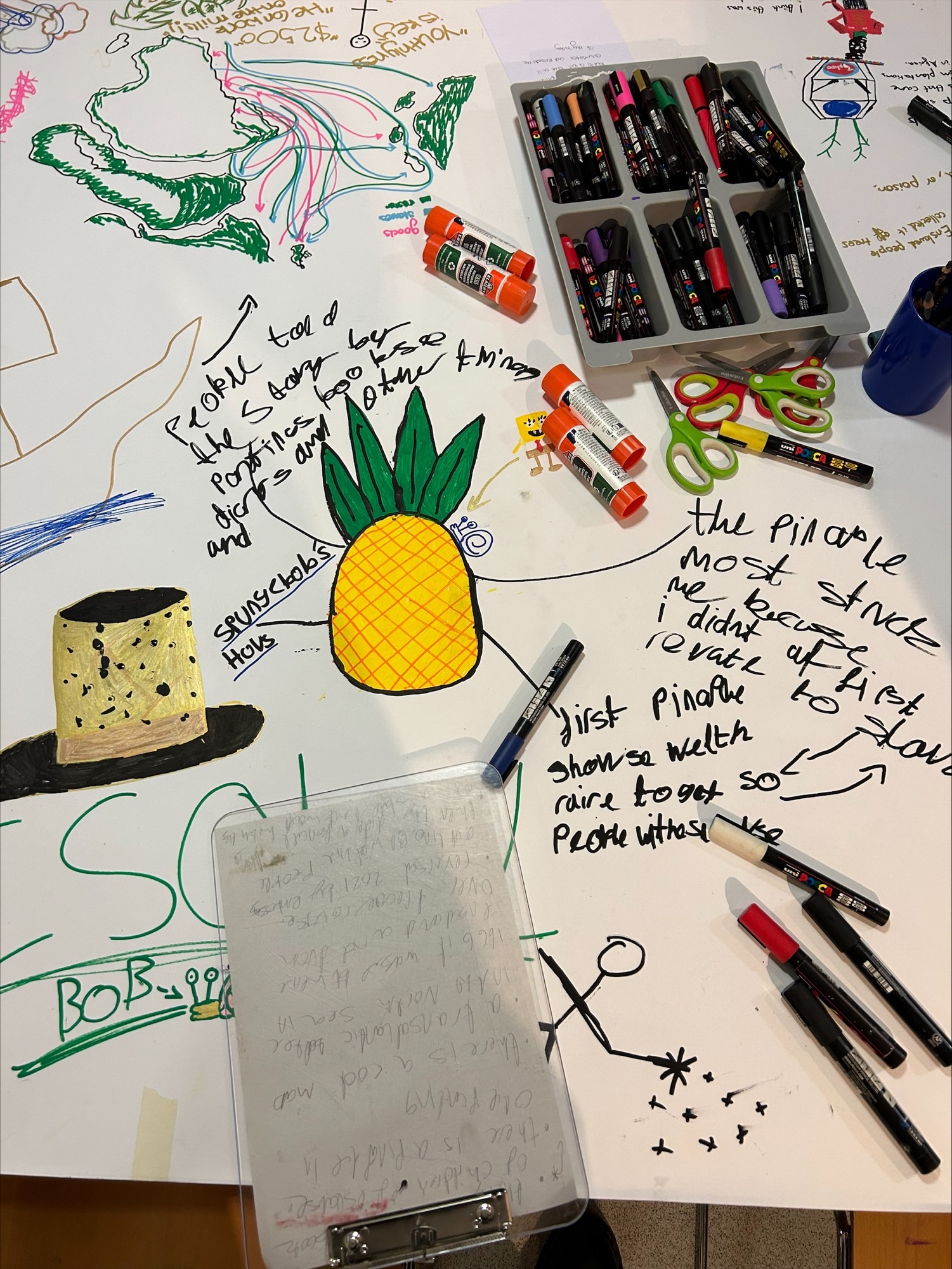
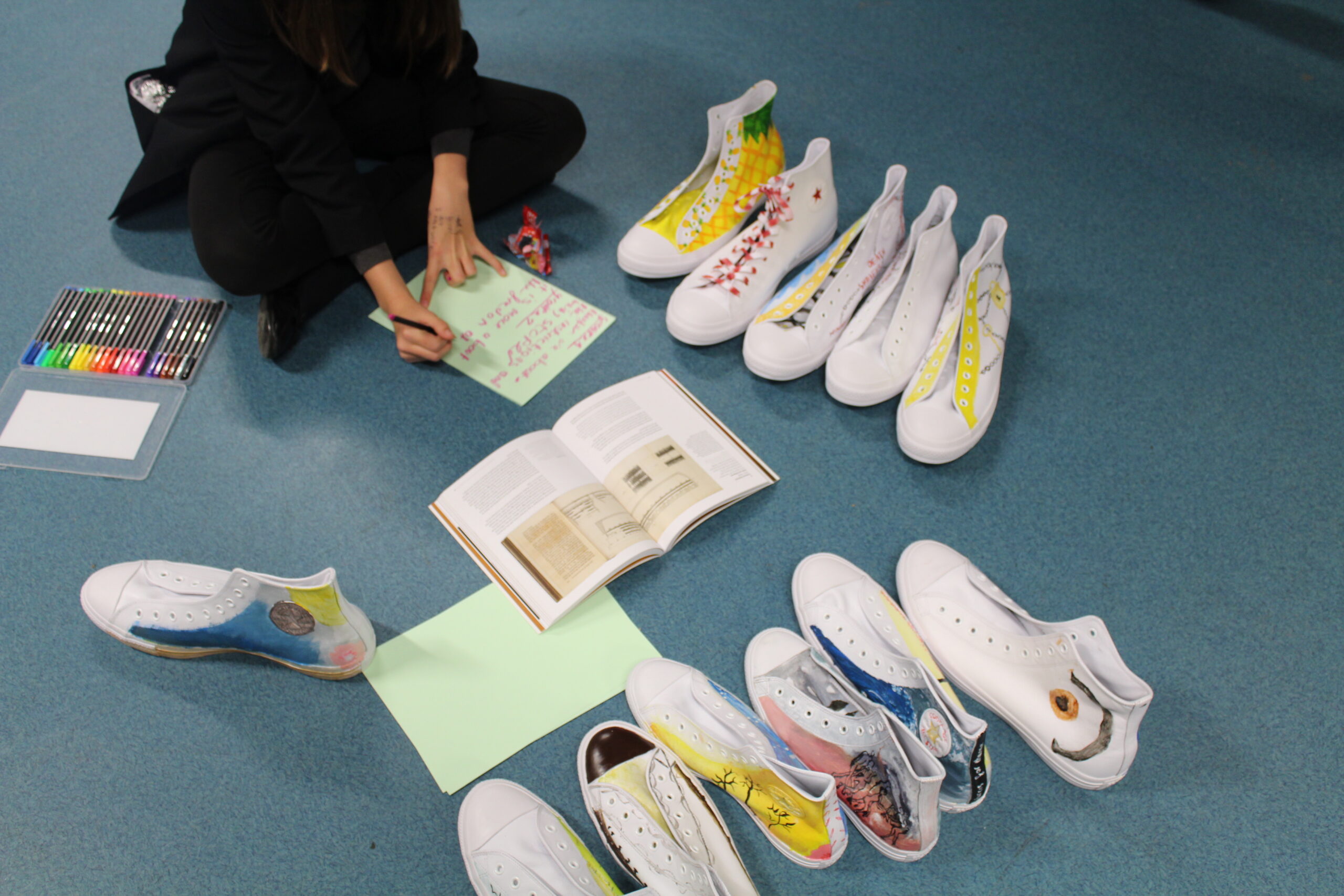
By experimenting with illustration, poetry, filmmaking, photography, African drumming, zine-making, DJ’ing and a group walkthrough the town to the church where Equiano married Soham local, Susannah Cullen, they became more aware of their town’s proximity to colonialism, which enabled them to forge research questions to explore new narratives about identity, their town and how some of the ideas that underpinned the colonial project are sustained and reproduced today.
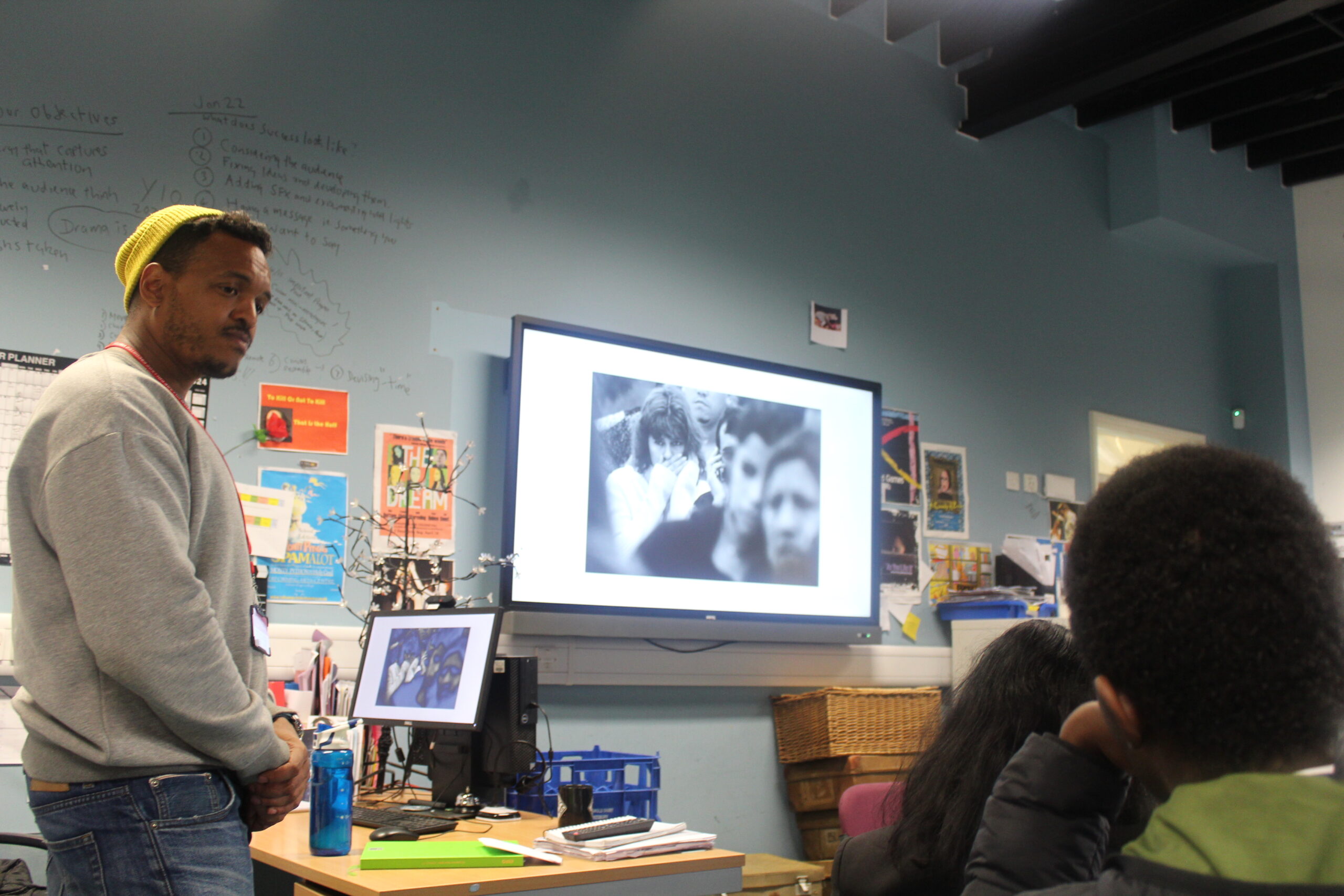
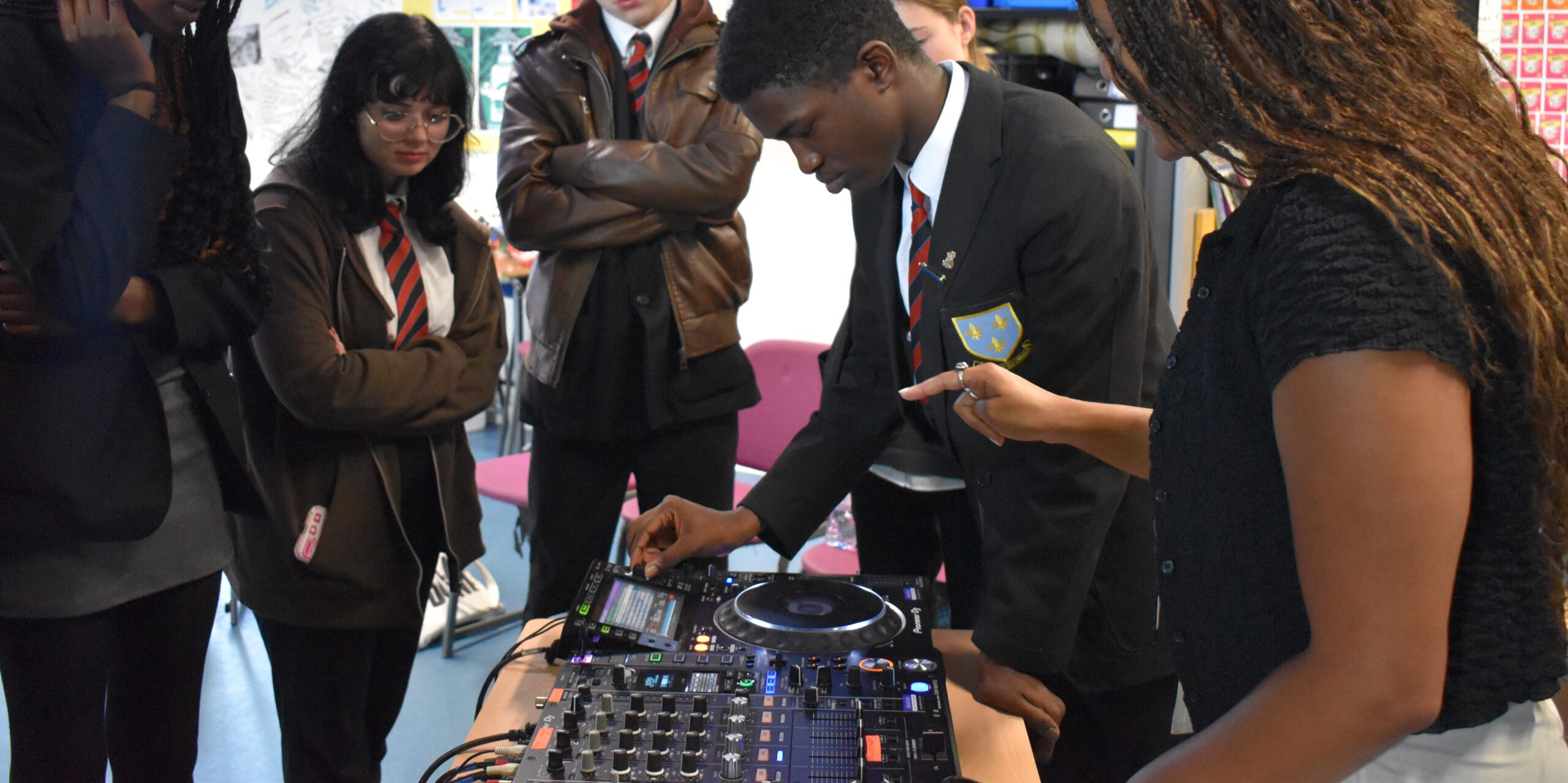
In the spring term, the @tlantic Xplorers used their creative research to devise a piece of physical theatre with the acclaimed Gecko Theatre. Their final, exhilarating performance took place at the Fitzwilliam Museum for family and friends in the summer term, accompanied by a public display of their creative research material.
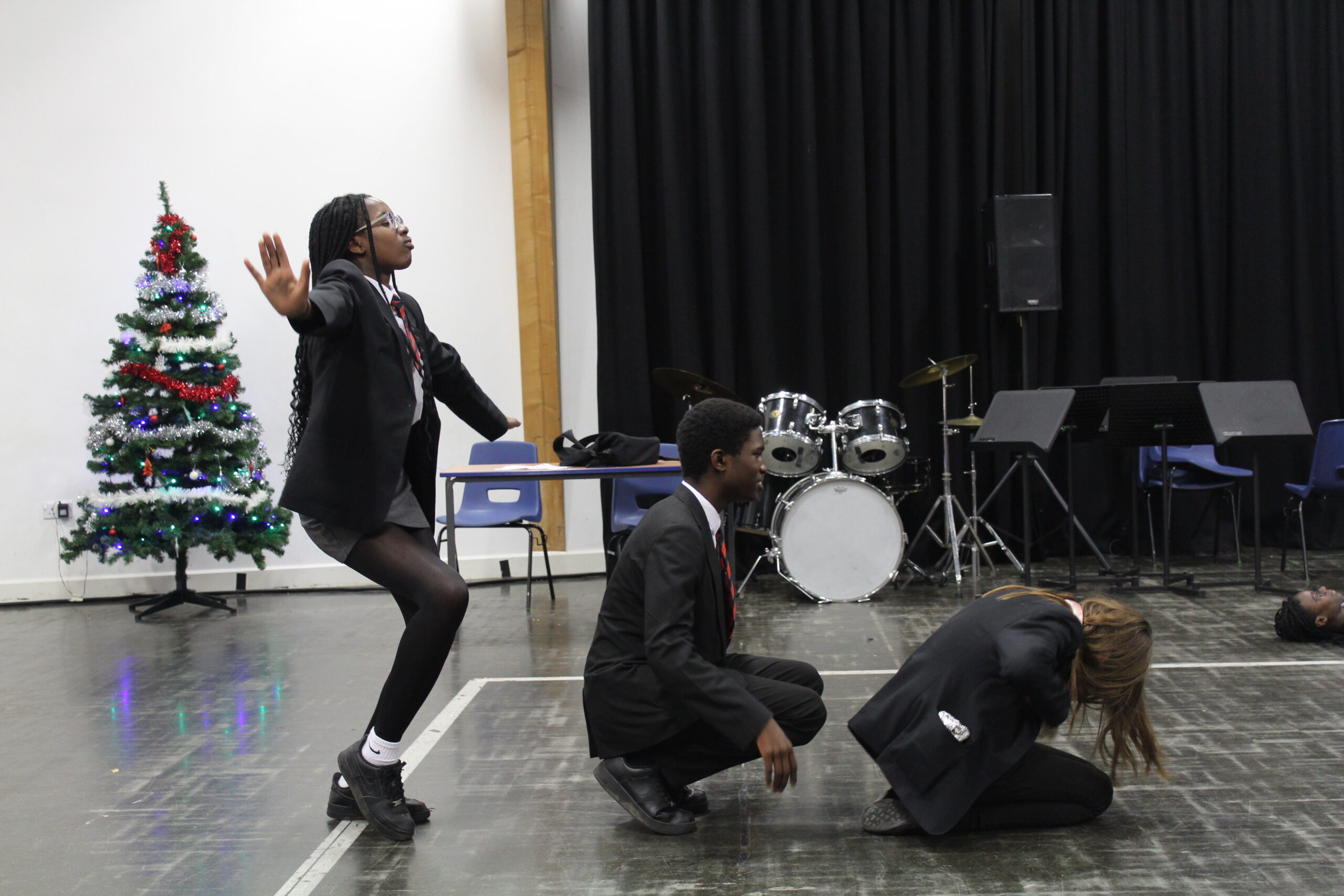
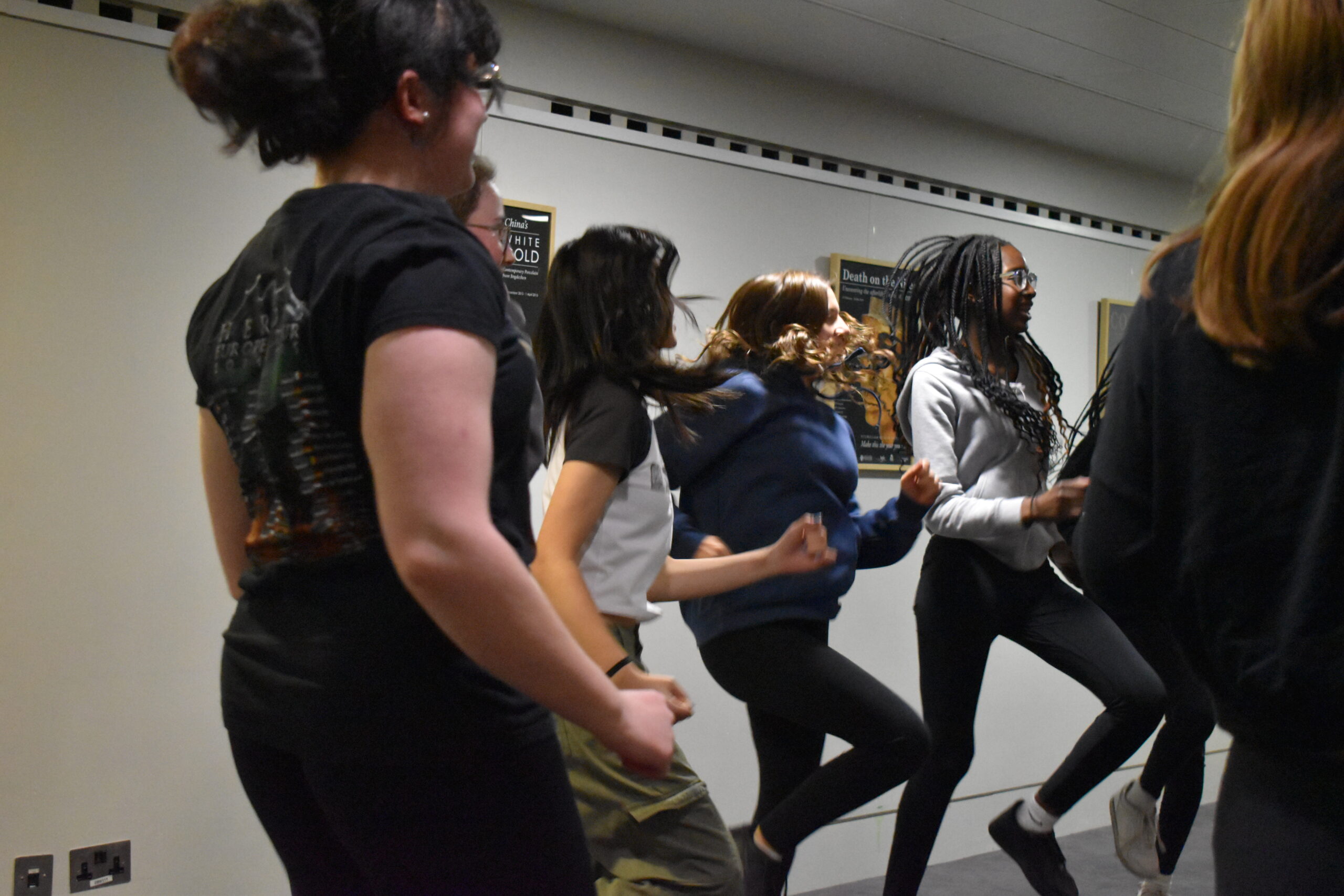
The final performance at the Museum
Centred new narratives and the power of action.
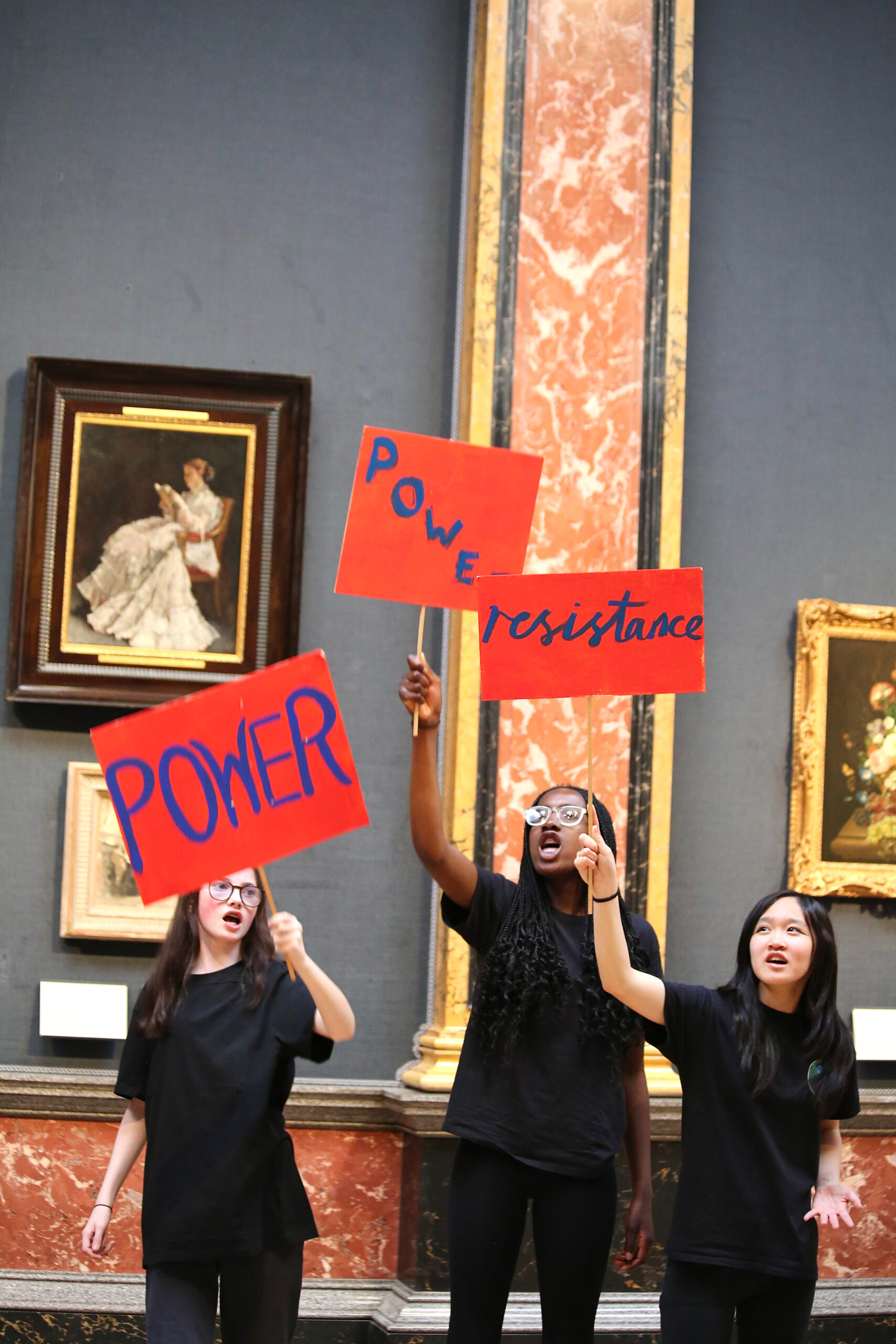
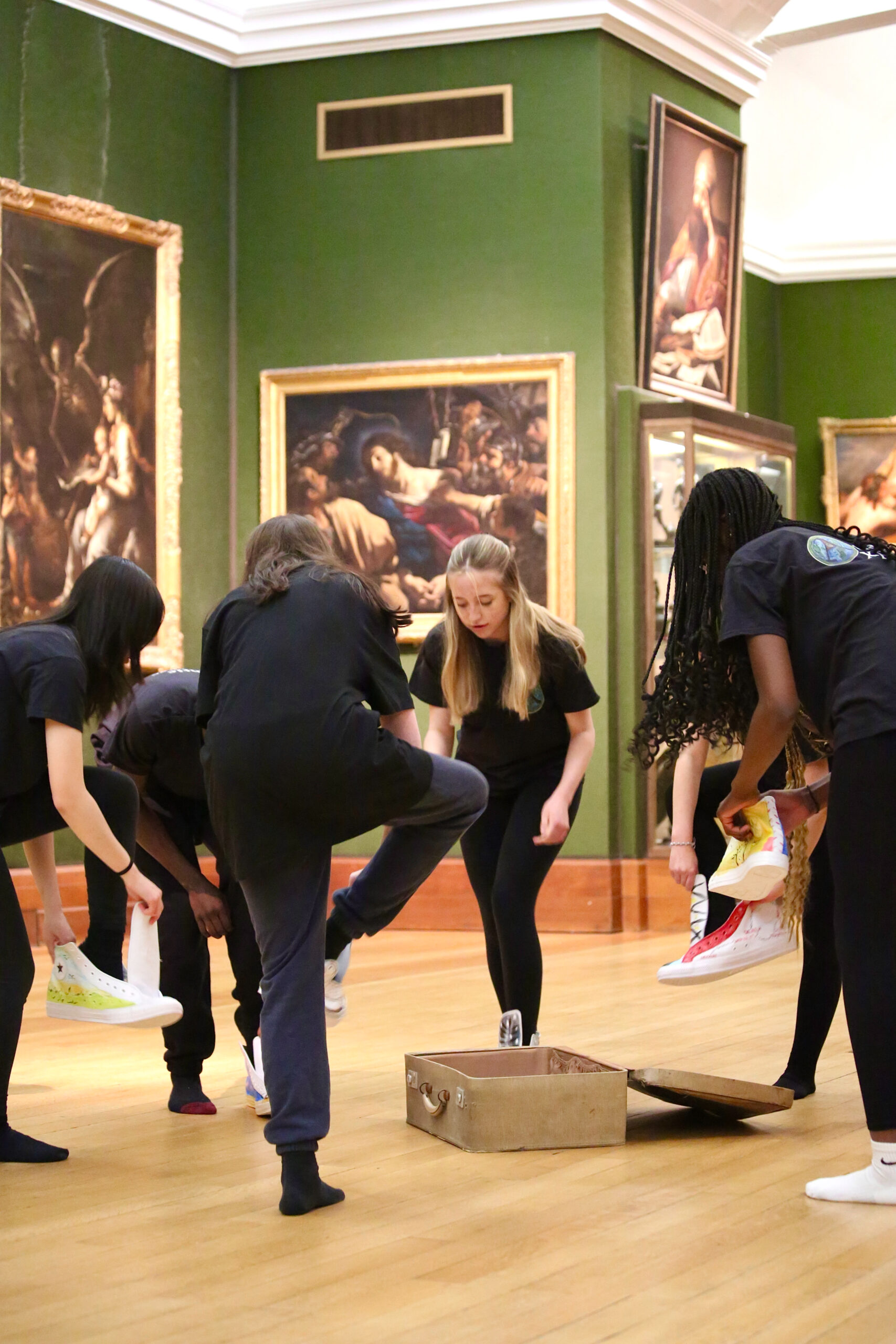
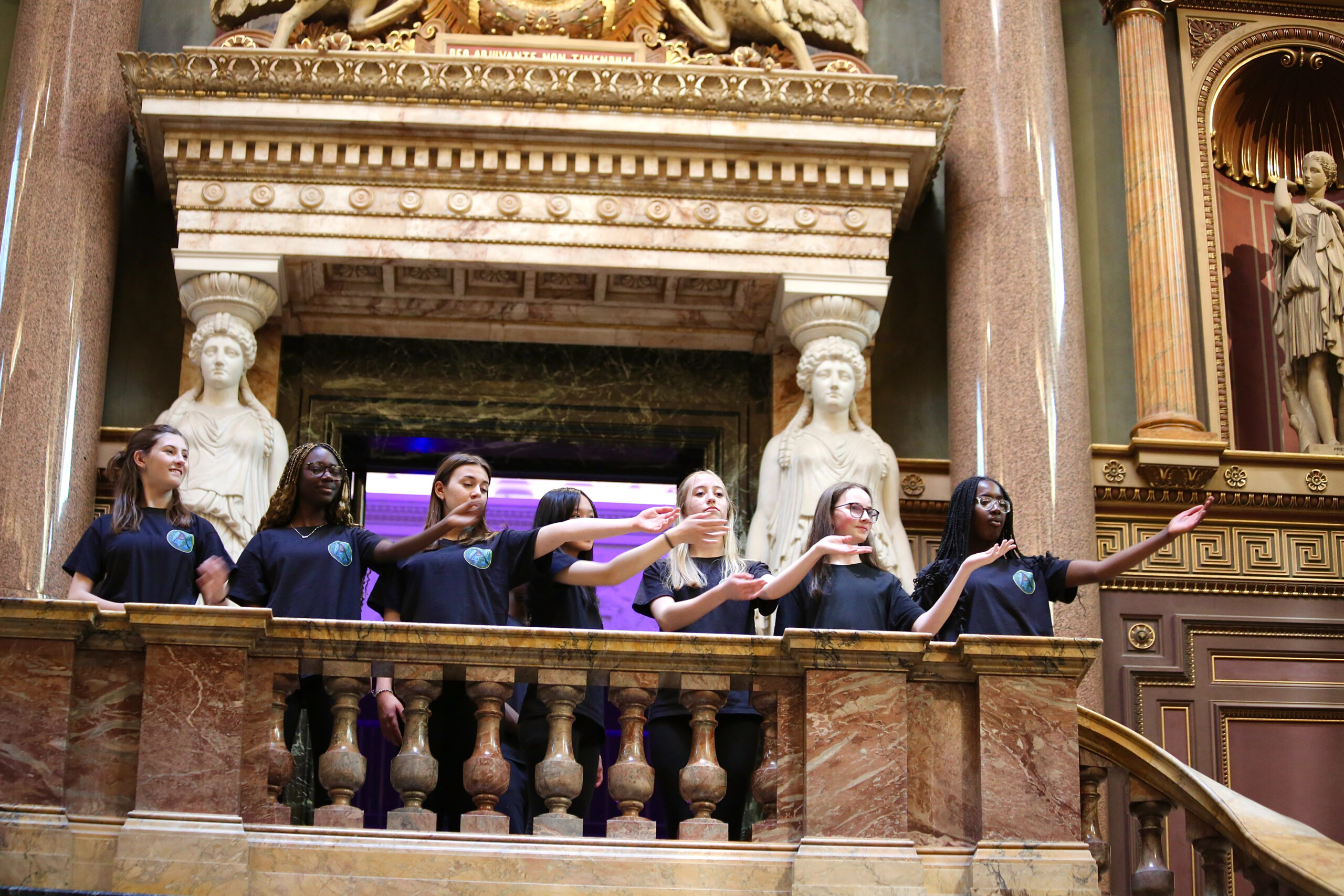
Watch
the @tlantic Xplorers at the Fitzwilliam Museum
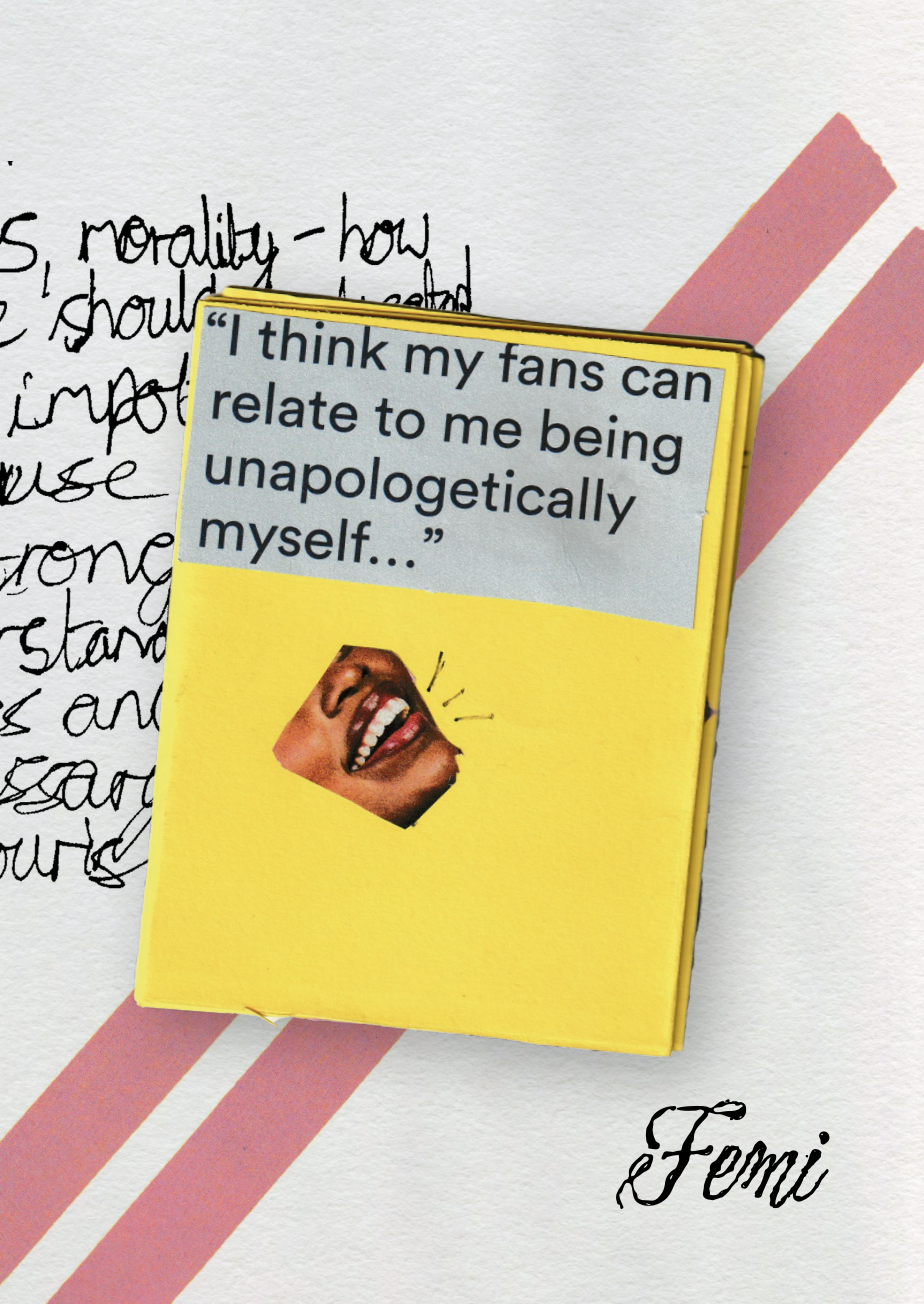
Read the publication
The e-publication is available here.
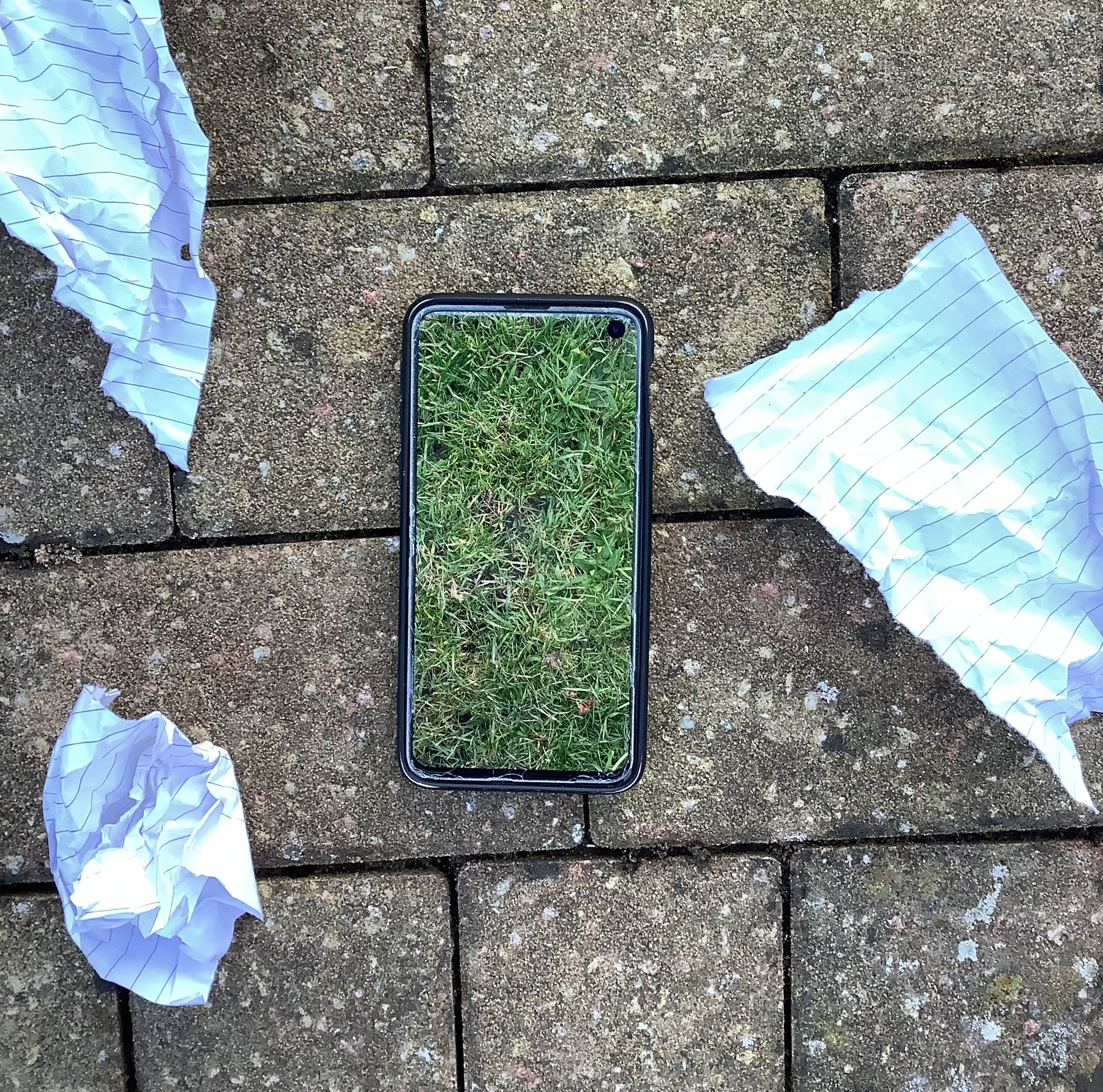
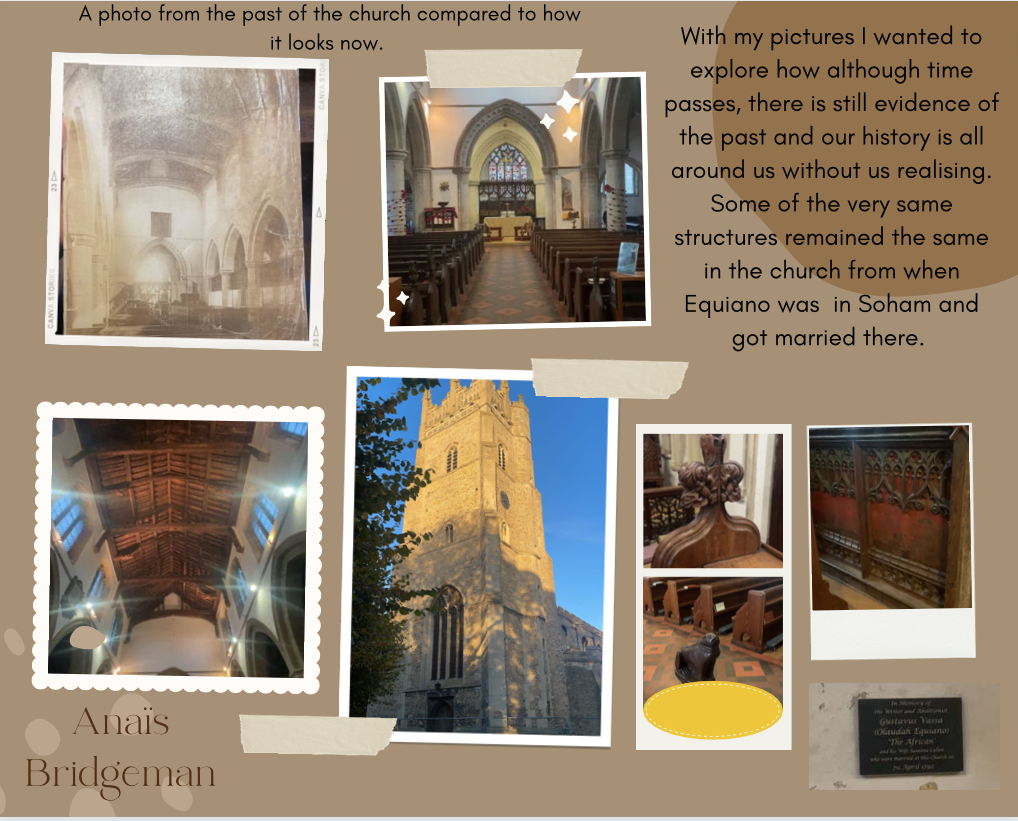
It’s not always been easy – who wants to do easy? And like anything properly challenging there have been ups and the occasional down. But the thing is, the ups have been massive, like the performance last night, and the downs only brief and often then they were ways to point you in the right direction again.
Soham Village College teacher
Summing up
Feedback from the in-school youth collective revealed the extent to which they have valued the opportunity to explore their relationship to their own knowledge and to each other, to be exposed to new, adrenaline-inducing moments where they could shine, try new skills, feel invested in, to take risks and aim high, to facilitate hope and have practical support, and to be part of a collective experience exploring what really matters to them, and how they feel. And through peer networks and access to resources to promote racial and visual literacy, teachers were encouraged to identify where they can use their own sphere of influence to eradicate subtle acts of exclusion.
FUTURE/POWER has given us a great deal to reflect on at the museum.
Carey Robinson, Fitzwilliam Museum
We wanted to devise an anti-racist methodology that was consultative, inclusive, led by young people, supported and enabled by evidence and lived experience. This small yet ambitious project shows the scale of such work cannot be underestimated, in part because institutional approaches, tools and professional themselves are entrenched in a value system that reproduces inequalities.
FUTURE/POWER is an important reference point in the museum’s journey to becoming a cultural space that is relevant for 21st century global audiences – it has given us a great deal to reflect on, and sets a precedent for anti-racist practise as a research methodology in the museum.
Learn more about the FUTURE/POWER project here.
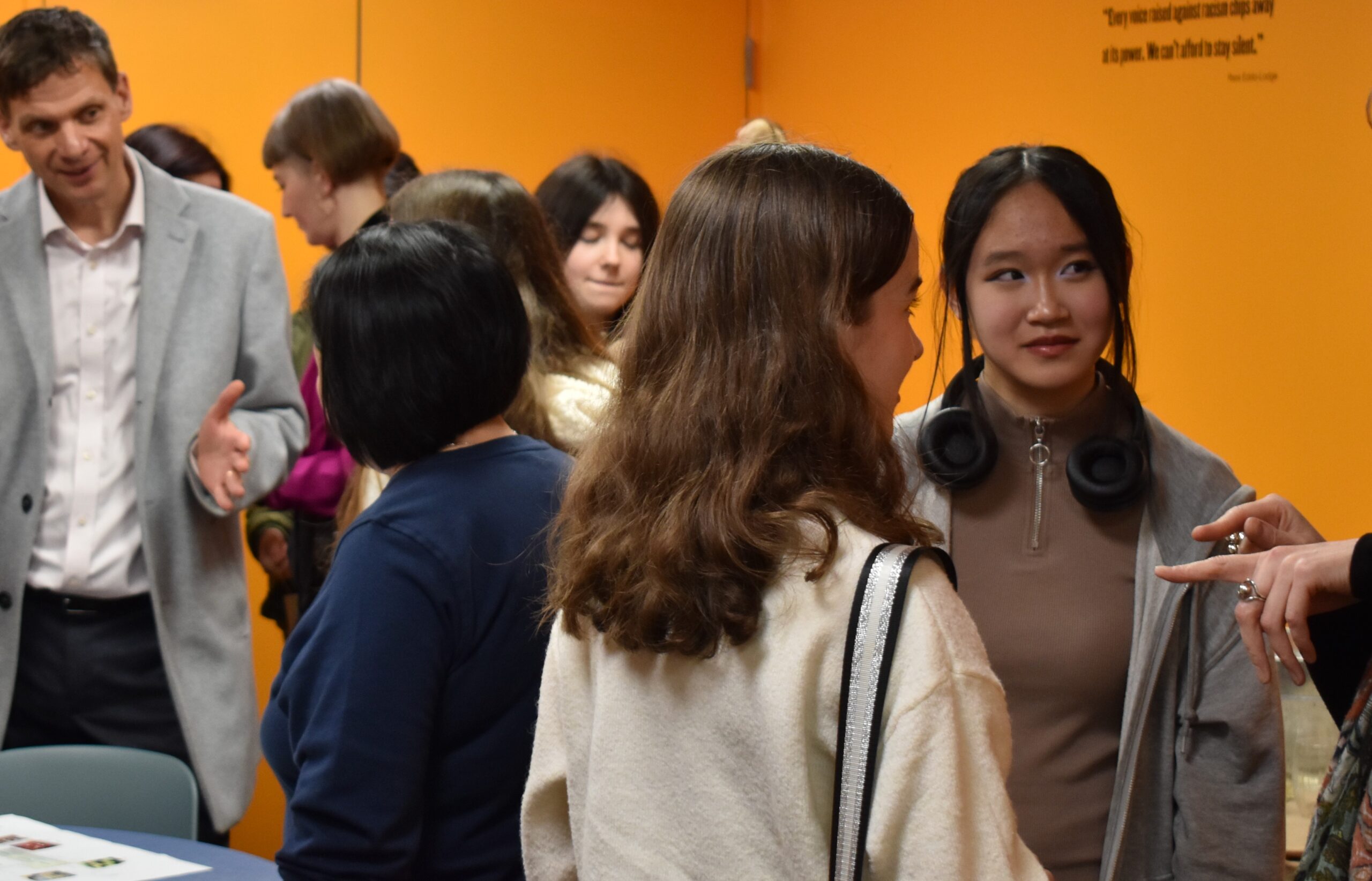
We were excited to welcome the @tlantic Xplorers back to the museum in autumn 2024, this time to collaborate on the design of a reflection space for the Rise Up: Resistance, Revolution, Abolition exhibition, in which Olaudah Equiano’s story featured prominently.
We invited the collective to co-design the exhibition’s Reflection Space in collaboration with architectural design studio POoR Collective. Over several weeks, the young people worked with POoR Collective at the museum, discussing the purpose of the space, why it might be needed and by whom, exploring 2-d and 3-d designs, colour palettes and making design choices collectively, to transform the former Reference Library into a thoughtfully designed space for reflection, where visitors could decompress, reflect, and deepen their understanding of the transatlantic slave trade.
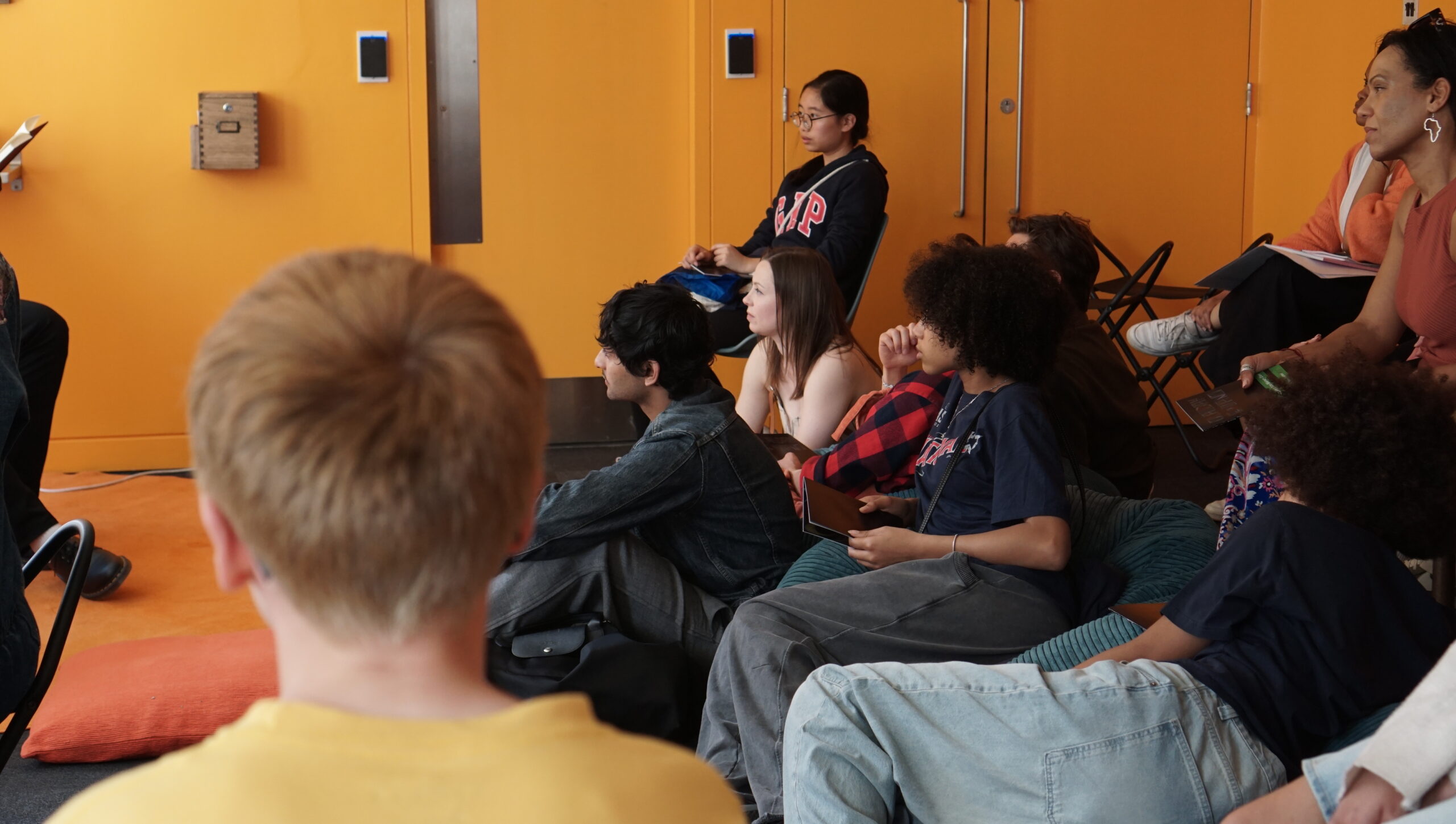
The young people then programmed a public facing event for other young people, learning about project management, budgets, and the programming questions museums need to consider when planning an event people will want to come to.
Through this collaboration, young people have played an integral role in shaping a public space to cultivate contemplation and discussion. The Rise Up Reflection Space is a testament to the power of placing the young experience not as something external to cultural discourse, but as integral to its development.
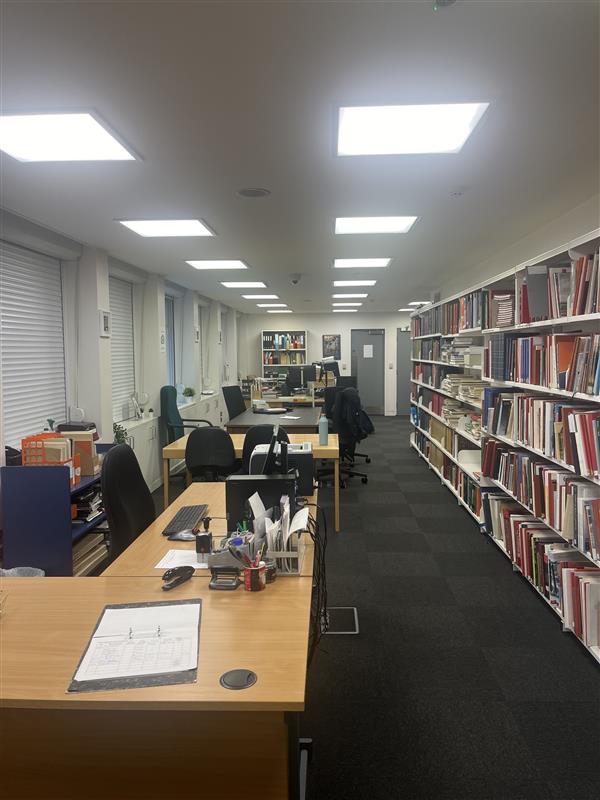
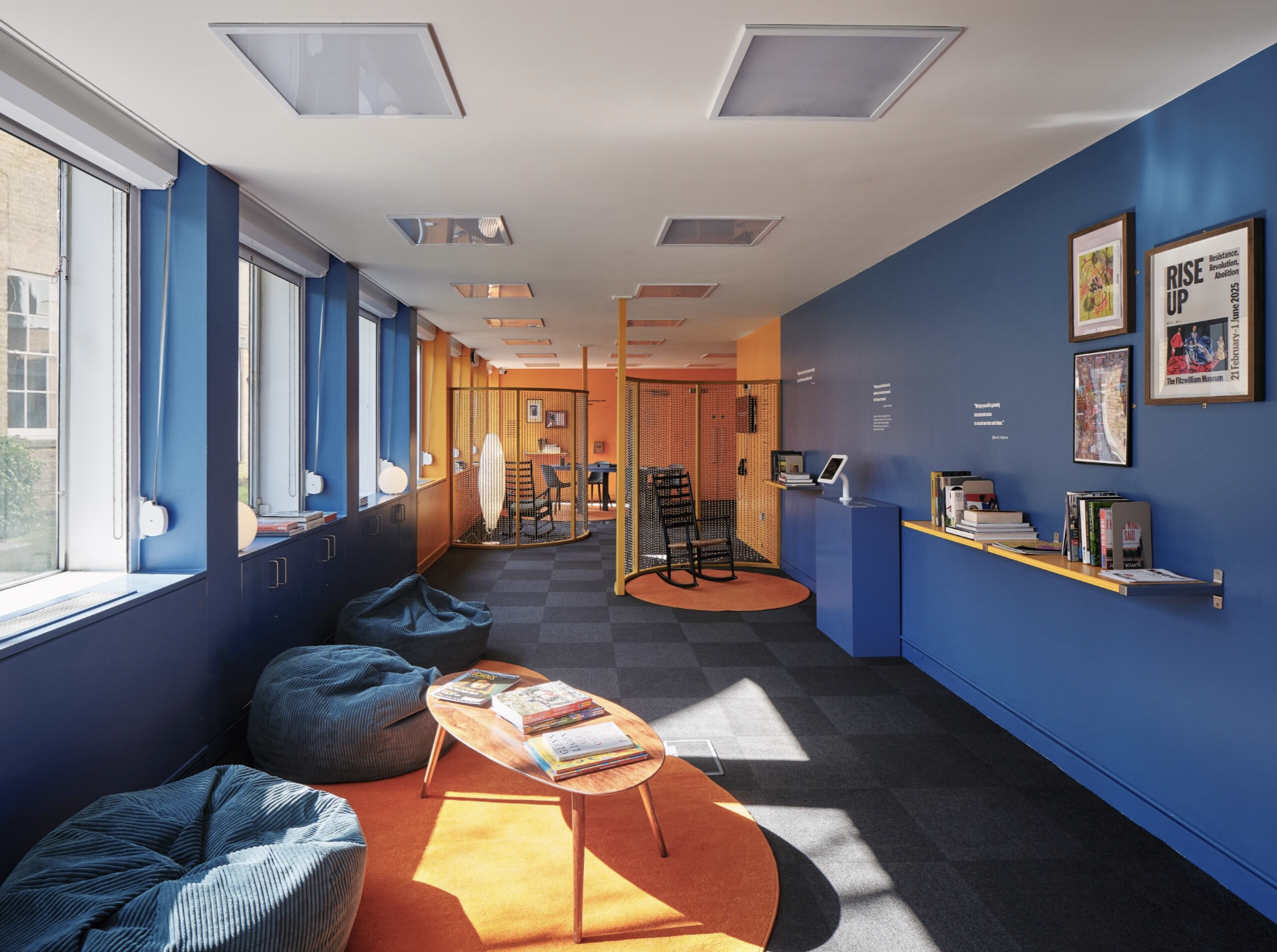
The Reflection Space is a testament to the power of placing the young experience not as something external to cultural discourse, but as integral to its development.
